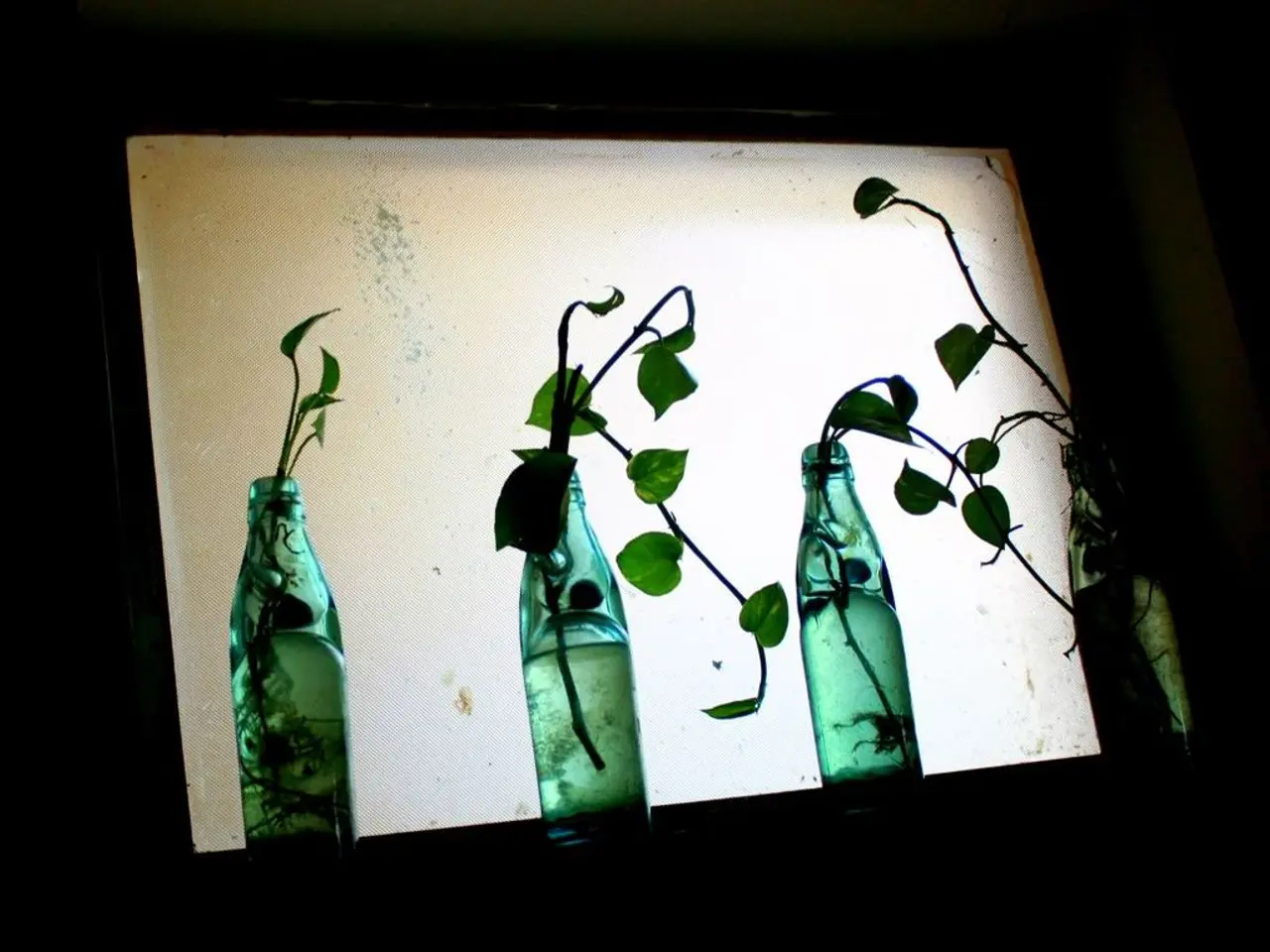Government Explains Rise in GST for Carbonated and Caffeinated Beverages to 40% Tax Rate
The Goods and Services Tax (GST) Council has announced a series of changes in tax rates for several essential goods and services, aiming to ensure uniformity in taxation, prevent ambiguity in classification, and provide clarity for businesses and tax authorities.
In a significant move, the GST rate on drinking water supplied in 20-litre bottles has been reduced from 12% to 5%. This decision is expected to benefit companies like Hindustan Unilever, Dabur, GCPL, Emami, Bikaji, and dairy firms. The GST rate on coffee has also been reduced from 18% to 5%.
However, the GST Council has not extended the 5% GST rate to liquor manufacturing. Instead, job work services relating to the manufacture of alcoholic liquor for human consumption will continue to attract 18% GST with Input Tax Credit (ITC). The GST rate on cigarettes has been increased to 40%, affecting tobacco companies.
The latest GST rationalisation exercise has moved several job work categories into the reduced 5% GST slab. Unfortunately, the impact on ITC is seen as largely neutral.
The GST Council has clarified that the increased GST on carbonated, caffeinated, and energy drinks is not applicable to coffee. The GST on these beverages has been increased from 28% to 40%, which may negatively impact beverage companies, particularly those relying on aerated drinks.
The GST reforms, including the changes on cigarettes and non-alcoholic beverages, are expected to take effect from 22 September. It's important to note that the four-tier system has been reduced to two slabs: 5% and 18%, with a special 40% rate for sin and luxury goods.
In comparison, non-alcoholic beverages are not uniformly subject to the lower 7% reduced VAT rate in Germany due to different classifications. For example, apple juice is taxed at 19%, while still water is taxed at 7%, but carbonated mineral water is taxed at 19%. Alcoholic beverages, on the other hand, are uniformly taxed at the standard 19% VAT plus additional alcohol duties.
The Finance Minister, Nirmala Sitharaman, explained that the increase in GST on carbonated and caffeinated drinks is to maintain the effective burden at earlier levels, as the additional compensation cess has been withdrawn.
From 22 September, certain essential goods, such as roti, cancer drugs, and classroom supplies, will be GST-free. These changes aim to make everyday essentials more affordable for consumers.
The GST Council's decisions reflect a commitment to creating a simpler, more transparent, and efficient tax system in India.







